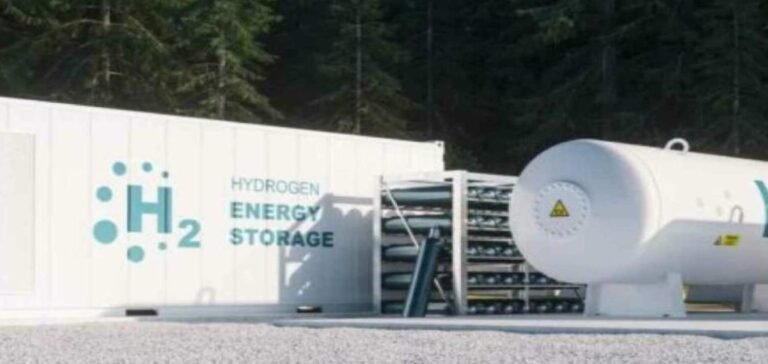Chinese company LONGi and Nigerian company APPL Hydrogen Limited (AHL) announced on 22 February 2025 the signing of a strategic partnership for a green hydrogen project in Nigeria. With an investment of €7.6 billion (approximately $7.9 billion), this project aims to support the country’s energy transition while positioning itself as a major economic opportunity for the West African region. Located in Akwa Ibom State, the project is expected to produce one tonne of green methanol per year, a derivative of green hydrogen, as well as medical-grade oxygen and food-quality carbon dioxide, primarily for export.
A West African market in transformation
Green hydrogen, produced from renewable energy sources, is attracting growing interest, particularly in Europe, which has become a key market for this type of energy. While European demand is driving project development in Africa, significant disparities exist between regions. North Africa, particularly Egypt, Morocco, Tunisia, and Algeria, currently leads the sector with several projects already in development, while West Africa is gradually trying to catch up.
In addition to Nigeria, other West African countries such as Mauritania and Ghana have invested in green hydrogen. Mauritania, for instance, is positioning itself as a regional hub through its NOUR and Infinity-Conjuncta projects, while Ghana is developing a pilot facility in partnership with German company SFC Energy AG. However, despite these developments, West Africa still lags behind North and Southern Africa, where more advanced initiatives are already underway.
Challenges to overcome for project realisation
The development of green hydrogen in Africa faces numerous challenges, particularly due to high production costs and logistical difficulties in transporting hydrogen to export markets. Despite these obstacles, the sector remains promising, and projects like Nigeria’s could contribute to the overall progress of the region.






















